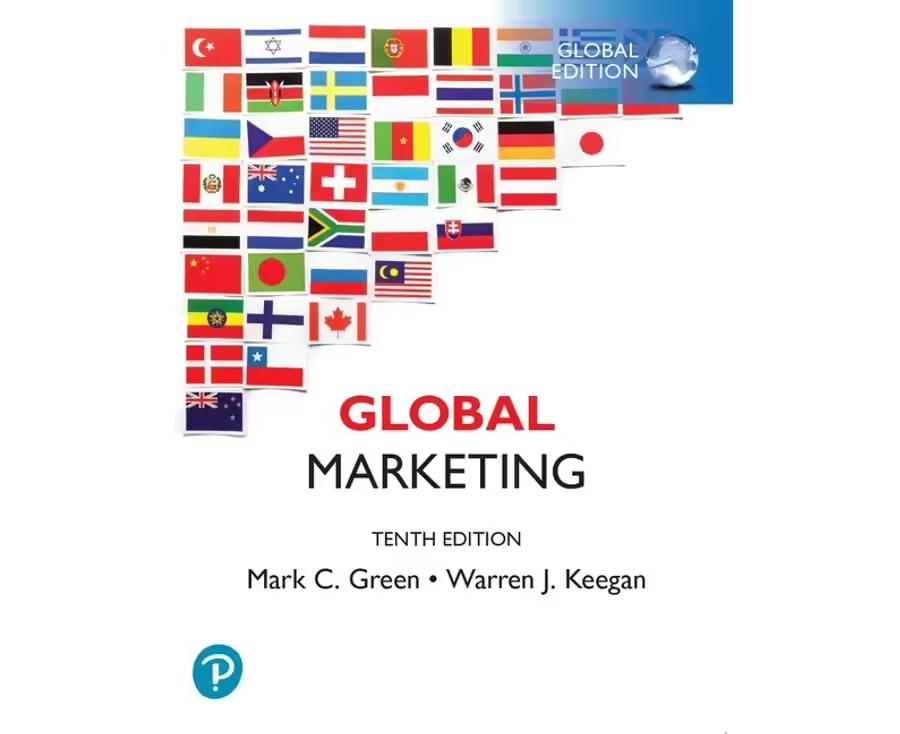Not surprisingly, an event with the size and scale of Milan Expo drew its share of criticism.
Question:
Not surprisingly, an event with the size and scale of Milan Expo drew its share of criticism. For example, on April 30, the day before Expo opened, thousands of protesters took to the streets in Milan (see Exhibit 14-12). Some of the anger was directed at cost overruns; the Italian pavilion itself was more than €30 million ($33 million) over budget. The protesters’ ire was also aimed at a corruption scandal that involved the event’s manager and several politicians who were accused of accepting bribes in exchange for contracts. Anti- globalization activists were also present: Many viewed the Expo as an example of capitalist excess and accused the organizers of skirting pressing issues such as global hunger.
Other activists focused on the issue of sponsorships. For example, the Slow Food movement was founded in northern Italy. As noted on the group’s Web site (www.slowfood.com), Slow Food officials objected to McDonald’s sponsorship presence at the event. The fastfood giant’s participation included both a restaurant and a terrace with seating for several hundred people. Also, in conjunction with Italy’s Ministry of Agriculture, McDonald’s launched a project called Making the Future. The project offered 20 Italian farmers younger than the age of 40 the opportunity to become McDonald’s suppliers. According to Slow Food’s statement, “The presence of McDonald’s means that the planet can continue to gorge itself on fast food or junk food—call it whatever you like—without concern for our own well-being.”
Despite its anticorporate stance, Slow Food was also an exhibitor at the Expo. Acclaimed Swiss architects Herzog & de Meuron created a special pavilion that took the form of a three-part wooden cascina (farmhouse) typical of Italy’s Lombardy region. Visitors had the opportunity to taste a variety of artisanal cheeses at an area dubbed, not surprisingly, Slow Cheese. Slow Food officials hoped that, by participating in the Expo, the organization could spread the word about the importance of safeguarding biodiversity through local, small-scale, sustainable agriculture. After Expo ended, the pavilion was disassembled and repurposed as garden sheds at Italian schools.
Questions
1. Do you agree with Slow Food’s objections to McDonald’s sponsorship participation in Milan Expo 2015?
2. Do you think Milan Expo 2015 will be a “game changer” that has an impact on problems such as global hunger and sustainable food supplies?
3. Do you think the corporate and national pavilions at Milan Expo 2015 represent money well spent in terms of return on investment?
Step by Step Answer:






